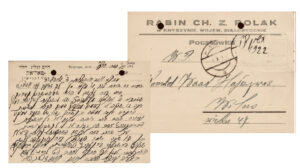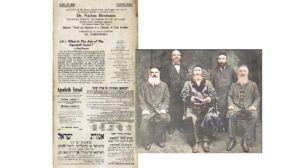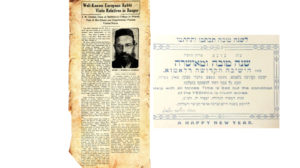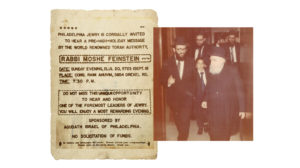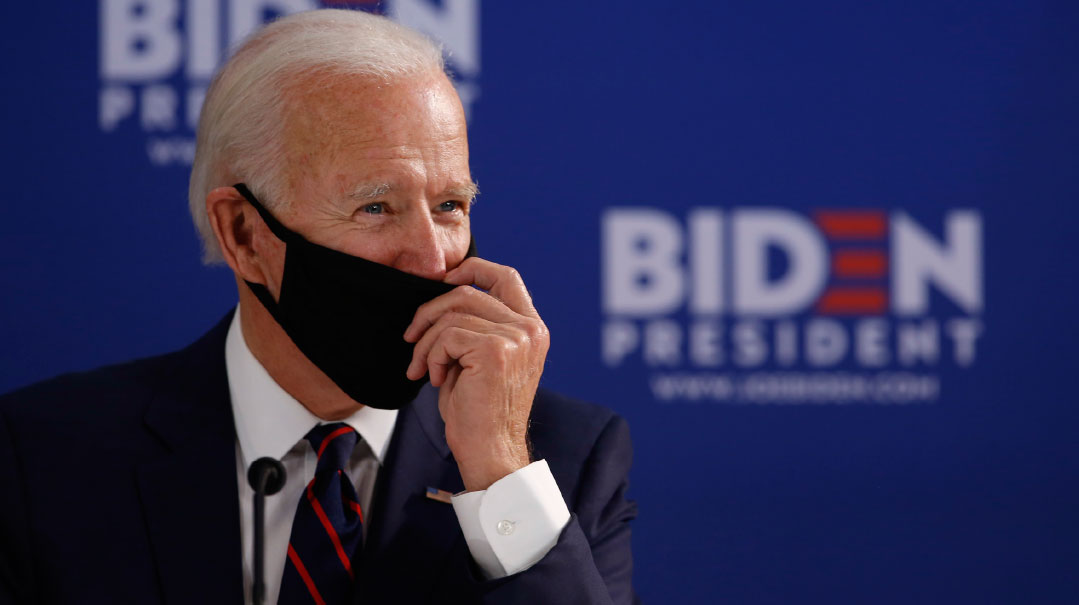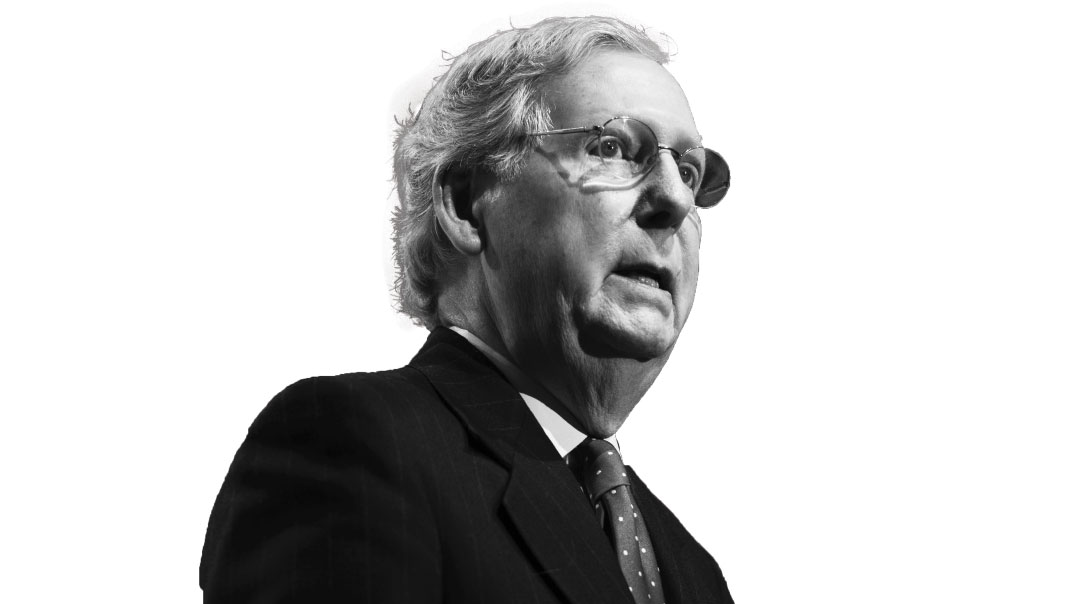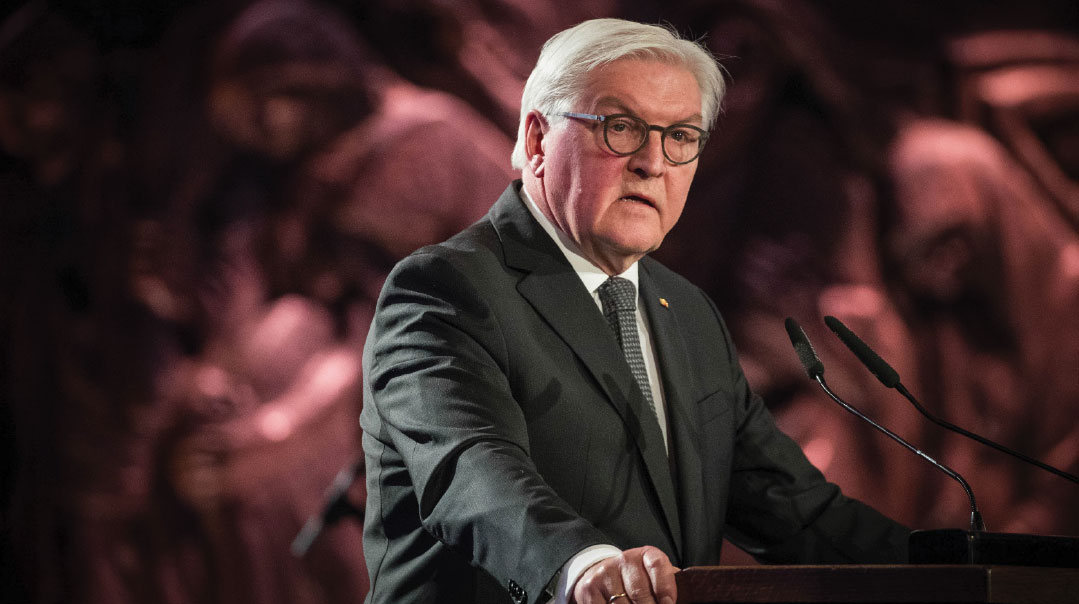L for Loyal

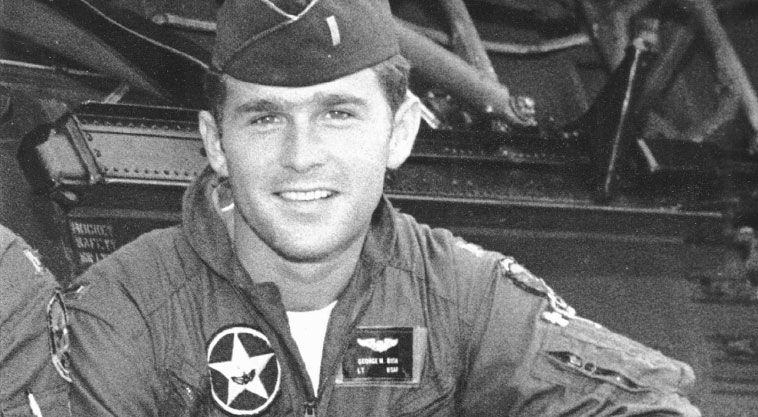
(Photo: AFP/Imagebank)
H
ome on a sick day last week, I had the chance to watch an hour or two of the funeral coverage of former President George H.W. Bush. My colleagues Binyamin Rose and Omri Nahmias have already detailed how the Jewish community might remember Bush from a policy perspective, but as the news commentators recalled the president’s life and friends and family delivered their eulogies, I was struck by what kind of man we had lost, what kind of American character was now gone from the world.
A number of commentators retold the story of Bush crash-landing his plane during a World War II bombing mission, and the extraordinary character revealed in that one act. On September 2, 1944, Bush was the pilot of a torpedo bomber in the Pacific theater with three other crew members. The plane was hit by antiaircraft fire near the Japanese island of Chi Chi Jima and Bush was forced to bail out. But before he did, he took the extraordinary step of banking the plane toward the water in such a way that might spare the lives of his crewmates — a maneuver that put his life in greater jeopardy. Despite his efforts, his fellow airmen died. A 20-year-old George Bush paddled water for a few hours before a submarine appeared to rescue him. He would go on to fly other missions over the Pacific and was ultimately awarded high military honors.
Others spoke about his humility, even when he was serving as president of the United States. One former aide recalled an instance in which Bush disembarked from a plane to attend an official ceremony. He noticed that his aides were having a hard time completing a task, and he further noticed that no one was offering to lend them a hand. So he abandoned protocol and asked if he could help.
Another time, after he left office, a friend visited Bush at his home in Maine. Though a different former chief executive might have thought it beneath his dignity to serve others in such a way, this friend describes waking up to find an elderly George H.W. Bush bringing him a steaming cup of coffee and exhorting him to get out of bed. There was a new day to be experienced, he said, and it was getting late.
Former Wyoming senator Alan Simpson, standing at the pulpit of the Washington Cathedral, summed up the character of the man he had known for 56 years this way: “The most decent and honorable person I ever met was my friend George Bush, one of nature’s noble men. His epitaph perhaps just a single letter, the L for loyalty. It coursed through his blood — loyalty to his country, loyalty to his family, loyalty to his friends, loyalty to the institutions of government and always, always, always a friend to his friends.”
Loyalty to his country. Today, there are politicians who aren’t so much intent on perpetuating the legacy, tradition, and policies of the United States as tearing them down. It is hard for me to imagine, for instance, newly elected Rep. Alexandria Ocasio-Cortez desiring to walk in George Bush’s footsteps. I don’t mean supporting specific policies or programs — we can all have disagreements — I mean the sense of duty Bush felt for the country and the respect he had for its institutions. Likewise New York senator Kirsten Gillibrand, who said the other day that the future of America is “female” and “intersectional.” And, she added, “we’re just getting started.”
In other words, tear it all down. We’ve got a better idea of what the country should look like and what it should value. We don’t want George Bush’s America, we want a “female” (to the exclusion of male), intersectional (leftist) America. The kind of America that George Bush would not have recognized, and that many fighting to preserve the legacies, traditions, and policies of their country abhore. (Originally featured in Mishpacha, Issue 739)
Oops! We could not locate your form.

